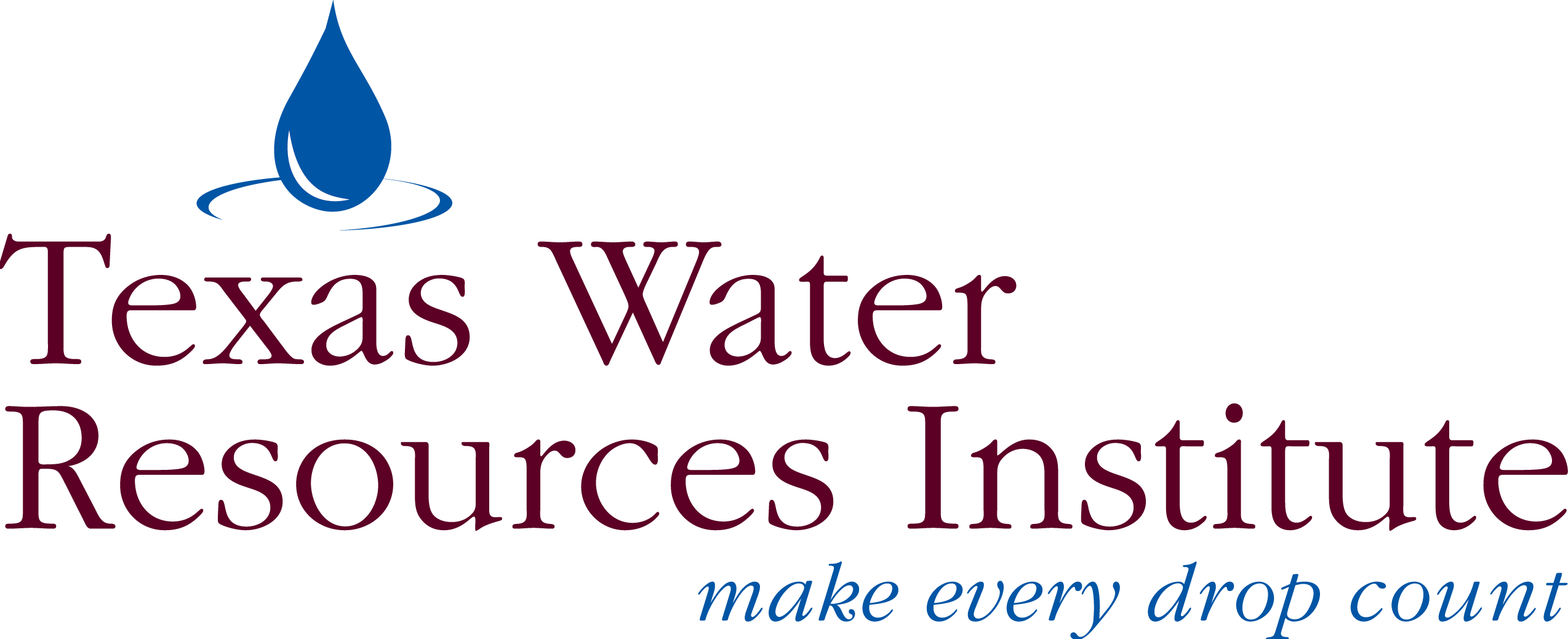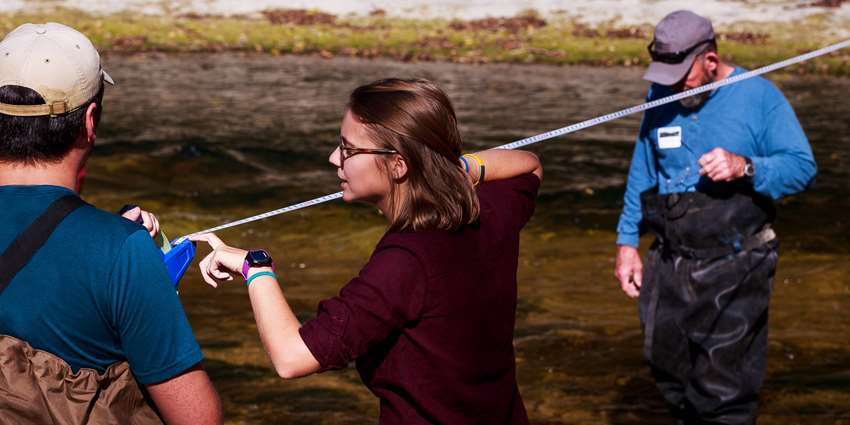The Texas Water Resources Institute (TWRI)’s Urban Riparian and Stream Restoration Program will host two workshops in April for professionals interested in conducting stream restoration projects.
The program will host a workshop from 8:30 a.m.-4 p.m. April 17 in Corpus Christi. The morning session will be at the South Texas Botanical Gardens & Nature Center, 8545 S. Staples St. The afternoon session will be outdoors along Oso Creek to learn stream surveying techniques.
Another workshop will be from 8:30 a.m.-4 p.m. April 23 in Pearland. The morning session will be at the John Hargrove Environmental Nature Center, 5800 Magnolia St. The afternoon session will be outdoors along Mary’s Creek to learn stream surveying techniques.
Early registration is encouraged as the workshops are limited to 40 people. The $100 cost includes all training materials, lunch and a certificate of completion at the end of the course.
Attendees must register online by April 11 for the Corpus Christi workshop and online by April 19 for the Pearland workshop. They may also contact Clare Entwistle, research associate at TWRI’s San Antonio office, at 210-277-0292 ext. 205 or clare.entwistle@ag.tamu.edu.
Dr. Fouad Jaber, AgriLife Extension program specialist for the Texas A&M AgriLife Research Center in Dallas, said riparian and stream degradation is a major threat to water quality, in-stream habitat, terrestrial wildlife, aquatic species and overall stream health.”
“Proper management, protection and restoration of these riparian areas will improve water quality, lower in-stream temperatures, improve aquatic habitat and ultimately improve macrobenthos and fish community integrity,” he said.
Jaber said the workshops’ goal is for participants to better understand urban stream functions and impacts of development on urban streams.
“Attendees will also learn to recognize healthy versus degraded stream systems, assess and classify a stream using the Bank Erosion Hazard Index and comprehend differences between natural and traditional restoration techniques,” he said.
Entwistle said the institute is able to offer the workshops at a reduced cost thanks to program funding provided through a Clean Water Act nonpoint source grant from the Texas Commission on Environmental Quality and the U.S. Environmental Protection Agency.
The workshops offer many types of continuing education units.
For more information, contact Entwistle, visit the Texas Riparian Association website or go to its Facebook page.
The urban riparian stream education program is managed by TWRI.



